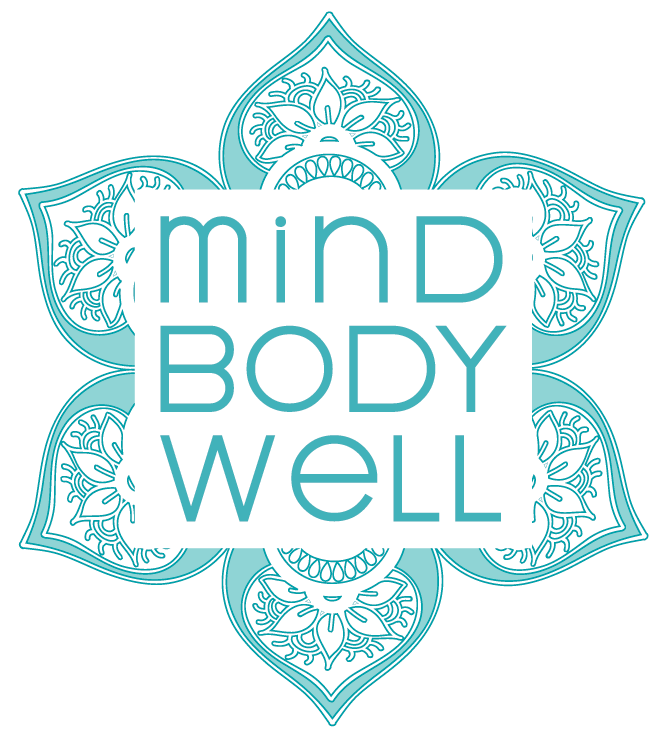An identity crisis occurs when someone begins to question who they are. This may involve experimenting with new roles, experiencing shifts in values, or feeling disconnected from their usual sense of self. Identity crises often arise during major life transitions or periods of change.
While identity crises are commonly associated with adolescence, they can happen at any stage of life. Individuals may experience them during young adulthood, midlife, or later in life. Major changes such as career shifts, relationship changes, personal losses, or evolving beliefs can all contribute to identity struggles. These crises are natural parts of growth and can ultimately lead to greater self-awareness and personal development.
What causes an identity crisis?
An identity crisis often occurs during times of transition, significant change, or following a traumatic event. Some common triggers include:
- Job loss or career change
- Becoming a parent
- Graduating from high school or university
- Retirement
- Loss of a loved one or a breakup
- Moving to a new place
Signs you may be experiencing an identity crisis
If you are going through an identity crisis, you may notice some of the following signs:
- Questioning your overall identity or a key aspect of your life, such as career or relationships
- Feeling unsettled or dissatisfied with life
- Uncertainty about your values and beliefs
- Negative self-perception
- Increased self-doubt and low self-esteem
- Heightened anxiety or stress
How an identity crisis affects mental health
An identity crisis can have a significant impact on mental health, often leading to feelings of depression, anxiety, and emotional distress. The uncertainty and loss of direction associated with an identity crisis can result in self-doubt, decreased self-esteem, and a sense of disconnection from personal values. Many individuals struggling with identity issues may also experience a diminished sense of purpose, which can negatively affect overall well-being. Studies suggest that having a strong sense of identity and purpose contributes to improved mental health and life satisfaction. Feelings of uncertainty, loss of direction, and disconnection from personal values may lead to increased self-doubt and emotional distress. Individuals experiencing an identity crisis may also feel a loss of purpose, which can impact their overall well-being. Research shows that having a strong sense of purpose promotes better mental health and life satisfaction.
As confusion about identity deepens, it may result in heightened anxiety and reduced confidence in daily activities. Some individuals may even withdraw from relationships and responsibilities, further intensifying their emotional distress.
Strategies for overcoming an identity crisis
If you are experiencing an identity crisis, know that it is a normal life experience, and there are strategies which can help you navigate this period:
1. Reflect on your values and goals
Take time to reassess your values and explore what is most meaningful to you at this stage of life. Understanding your core values can help guide decision-making and set clearer goals for the future.
2. Seek support through relationships
Connecting with loved ones, mentors, or community groups can provide reassurance and perspective. Engaging in meaningful conversations can help you reconnect with parts of yourself that you value most.
3. Consider professional guidance
Therapy can be a valuable tool in working through an identity crisis. A mental health professional can help you explore underlying issues, challenge negative thought patterns, and develop strategies for building a stronger sense of self. Cognitive Behavioural Therapy (CBT), in particular, can help address self-doubt and unhelpful belief systems related to identity.
Final thoughts
Navigating an identity crisis can be challenging, but it is also an opportunity for growth and self-discovery. Acknowledging your feelings, reflecting on your values, and seeking support can help you move toward a clearer, more confident sense of self. By embracing this process, you can build a more fulfilling and authentic life.
